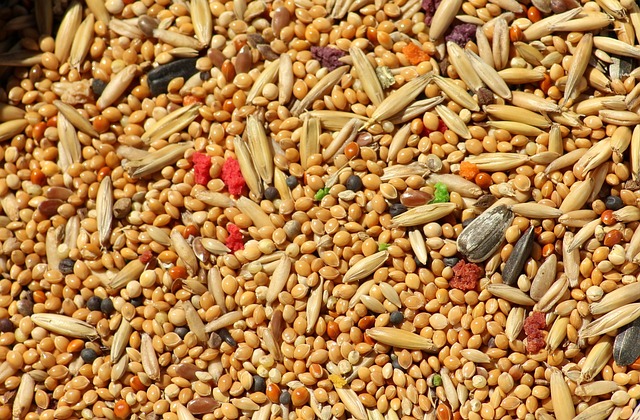Nutrients are dietary ingredients that are necessary for a healthy existence and normal growth. It is essential for getting nutrients. The human body is unable to synthesize them. They must to be obtained from diet.
Such essential nutrients have an influence on the body’s nutritional state. A few indications that someone is in excellent nutritional condition as a result of correct nutrition include healthy body growth, work capability, sound and deep sleep, and good body immunity.
Inadequate nutrient intake can lead to poor nutritional status, which can be seen through signs including aberrant body weight, too-thin bones, low immunity, and others.
There are two fundamental types of nutrients:
- Macronutrients
- Micronutrients
Macronutrients consist of “macro,” which is a huge word, as its name would suggest. Humans consume large amounts of nutrients called macronutrients. They are carbohydrates, lipids, and proteins.
In addition to being necessary for the body’s energy requirements, macronutrients are also important for growth, metabolism, physical activity, and other biological activities.
Micronutrients are necessary for maintaining good health, even if they are only required at very tiny levels. Micronutrients include vitamins and minerals. They serve as coenzymes in a number of metabolic activities that occur within the body.
Another crucial component of the life is water. Life survives on water. It serves as a solvent for metabolic processes and is necessary for both the body’s use of dietary components and the removal of food waste from the body. It controls body temperature as well.
Classification of Nutrients
Different foods are made up of different chemical components that have different actions in the body. According to their chemical composition, nutrients are classified into carbohydrates, proteins, fats, vitamins, and minerals.
Carbohydrate
Human body consider carbohydrates is the first source of energy. One gramme of carbohydrates gives 4 kilocalories. Glycose is the simplest form of the carbohydrates used by human body cells. The carbohydrates of nutritional significance are starch, sucrose, galactose, glucose, and fructose. when the body stores energy that doesn’t require it immediately as glycogen, which is then utilized when the body needs energy. The major food sources of carbohydrates are cereals, grains, milk, fruit, and vegetables, including starchy vegetables like potatoes, corn, and peas.
Proteins
Proteins are mainly used to create new tissue in the body and repair those that already exist. It also helps to synthesize enzymes, hormones, and antibodies. It also maintains muscle mass. They fall into two categories: complete proteins and incomplete proteins.
Complete protein has all essential amino acids and is mostly found in animal proteins like chicken, eggs, flesh food, milk, milk products, etc. Plant-based proteins are incomplete proteins. Pulses and legumes are examples of plant-based proteins.
Fats
Fats are concentrated sources of energy. In plant and animal cells, fatty acids are the most prevalent form of lipid. Fats are categorized as unsaturated and saturated fatty acids based on their saturation. There is no double bond between carbon atoms in saturated fatty acids. Saturated fats are found in animal foods such as ghee, butter, cheese, and red meat, whereas vegetable saturated fats include coconut oil and palm kernel oil.
A minimum of at least one double bond between the carbon atoms in unsaturated fatty acids. They fall into one of two categories: monounsaturated or polyunsaturated.
Fats also hold fat-soluble vitamins such as A, D, E, and K. It is the most abundant source of essential fatty acids.
Vitamins
Vitamins are organic chemical compounds that are needed in small amounts for appropriate growth and well-being. Vitamins aid in biochemical interactions and are essential for a healthy existence, such as regular development and bodily processes. It also aids macronutrients in their function.
Vitamins are divided into two types: fat-soluble Vitamins and water-soluble Vitamins. Vitamins A, D, E, and K are fat-soluble, whereas vitamin C and B complex groups are water-soluble. Although certain vitamins can only be produced by the body, others must be consumed through food. Human skin, for example, synthesizes vitamin D in the presence of sunshine.
Minerals
Minerals are inorganic compounds found in soil and rocks on Earth. Minerals make up about 4% of the human body’s mass. They are necessary for chemical reactions as well as ionic equilibrium in the body.
It is also vital for soft tissue structural components, bone and tooth development, nerve stimulation, muscle contractions, immune system building, DNA production, and many other tasks.
As a result, the human body requires an appropriate amount of all vital minerals in order to operate effectively.
Water
Water is also an important nutrient of the human body. Life survives on water. It serves as a solvent for metabolic processes and is necessary for both the body’s use of dietary components and the removal of food waste from the body. It controls body temperature as well.








